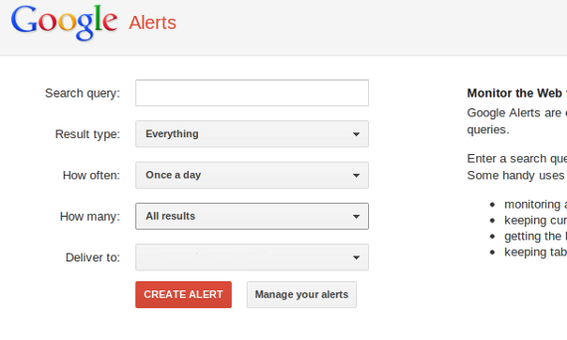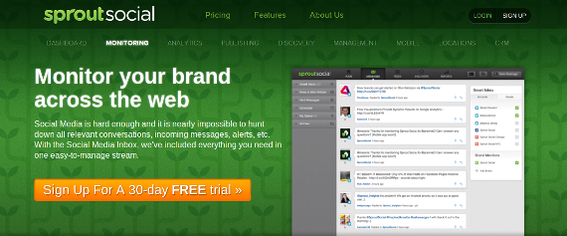Ecommerce marketers can monitor and maintain their stores’ online reputation with regular searches and alerts, social media tracking software, and a commitment to good customer service.
Reputation management, which is the practice of listening to and responding to what people say about a business online, has become a necessary feature of the modern marketing plan. Especially, when one considers that peer written reviews, social media posts, and blog content are collectively some of the most trusted store and product information on the Internet.
“In fact,” according to a Nielsen and NM Incite report, “60 percent of consumers researching products through multiple online sources learned about a specific brand or retailer through social networking sites. Active social media users are more likely to read product reviews online, and 3 out of 5 create their own reviews of products and services.”
An oft cited, but older, survey from Nielsen showed that in 2009 some 70 percent of Internet users trusted online consumer opinions even from people they did not know. So much trust might mean that just about anything published online about a store could be more influential then that store’s best marketing efforts.
Fortunately, properly monitoring and maintaining a positive online reputation may not be too hard.
Tip No. 1: Get Alerts and Searches
The first step toward monitoring an online store’s Internet reputation is to set up a few, free Google Alerts. These alerts will send an email — or place content in a Google Reader account — whenever Google finds a new page or post containing a specified keyword.

Google Alerts are a simple and easy way to do basic reputation monitoring.
Consider setting up alerts for the store’s name — including alternative spellings — the store’s web address, and the names of key store employees. It may also be a good idea to monitor what’s being said about competitors and key products too. The service offers weekly, daily, and “As it happens” updates. Consider trying daily at first.
In addition to Google Alerts, make a habit of searching for these same terms on Facebook, Google+, Twitter, Pinterest, and similar sites. Try creating a recurring to-do in calendar software or similar as a reminder to run these searches at least weekly.
Social Mention always for searches across several social media services and many blogs. The service also offers alerts.
Tip No. 2: Use Analytics and Tracking Solutions
There are a number of excellent social media and web analytics and tracking tools that scour the social sphere and the rest of the Internet in search of conversations related to a store’s brand, its competitors, and its products. These tools frequently include additional features that help engage loyal customers and complainers alike.

Sprout Social helps monitor a business across the Internet.
Here is a list of services to consider.
- Alterian (SDL)
- Attensity
- Lithium
- Radian6
- Reputation.com
- Sprout Social
- Sysomos
- Trackur
- Webtrends
Tip No. 3: Focus on Customers, Address Praise and Challenges
Sometimes business owners and leaders think of online reputation management as a form of defensive marketing that makes it easier to track down everyone saying something bad or wrong about a company. But reputation management is really about focusing on customers and serving them.
It is the rare person that will bash a company online for no reason. Rather there may have been a poor shopping experience that drove an individual to rant and rave. Online reputation management can help to identify customer service challenges or even product misconceptions and the proper forum in which those challenges should be addressed. Consider most reputation challenges as an opportunity to improve.
It is also worth nothing that monitoring what is being said about an online store can uncover a lot of positive testimonials and reviews that a business might not have been aware of. These praises create opportunities to identify customers who act like brand ambassadors.
Conclusion
Online reputation management tracking lets an online merchant identify and listen in on brand and product related conversations, uncovering potential customer service challenges and finding loyal and vocal shoppers.




